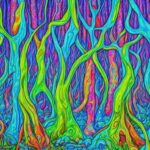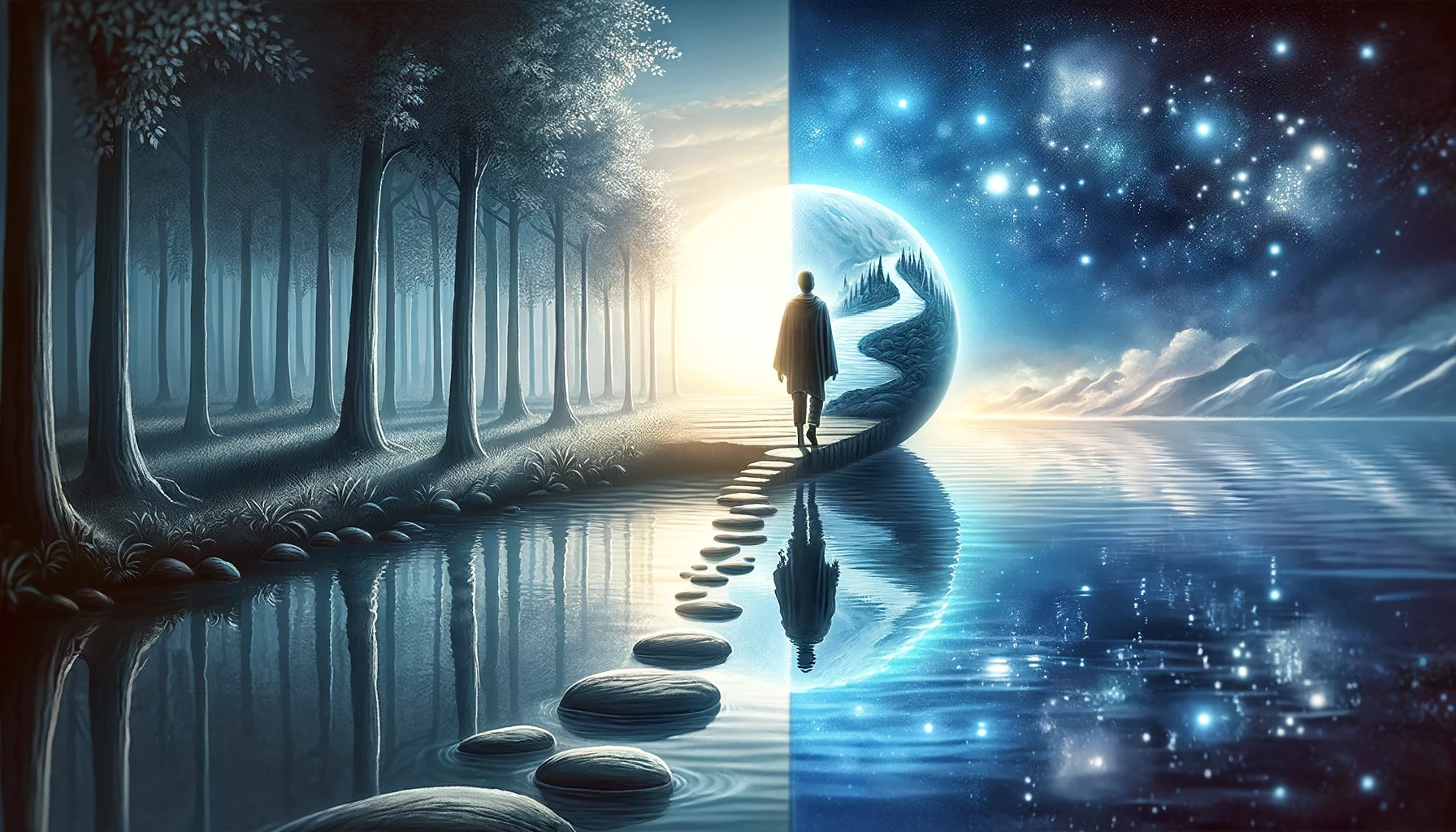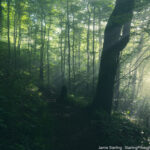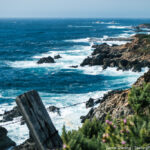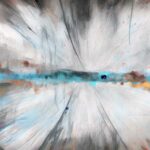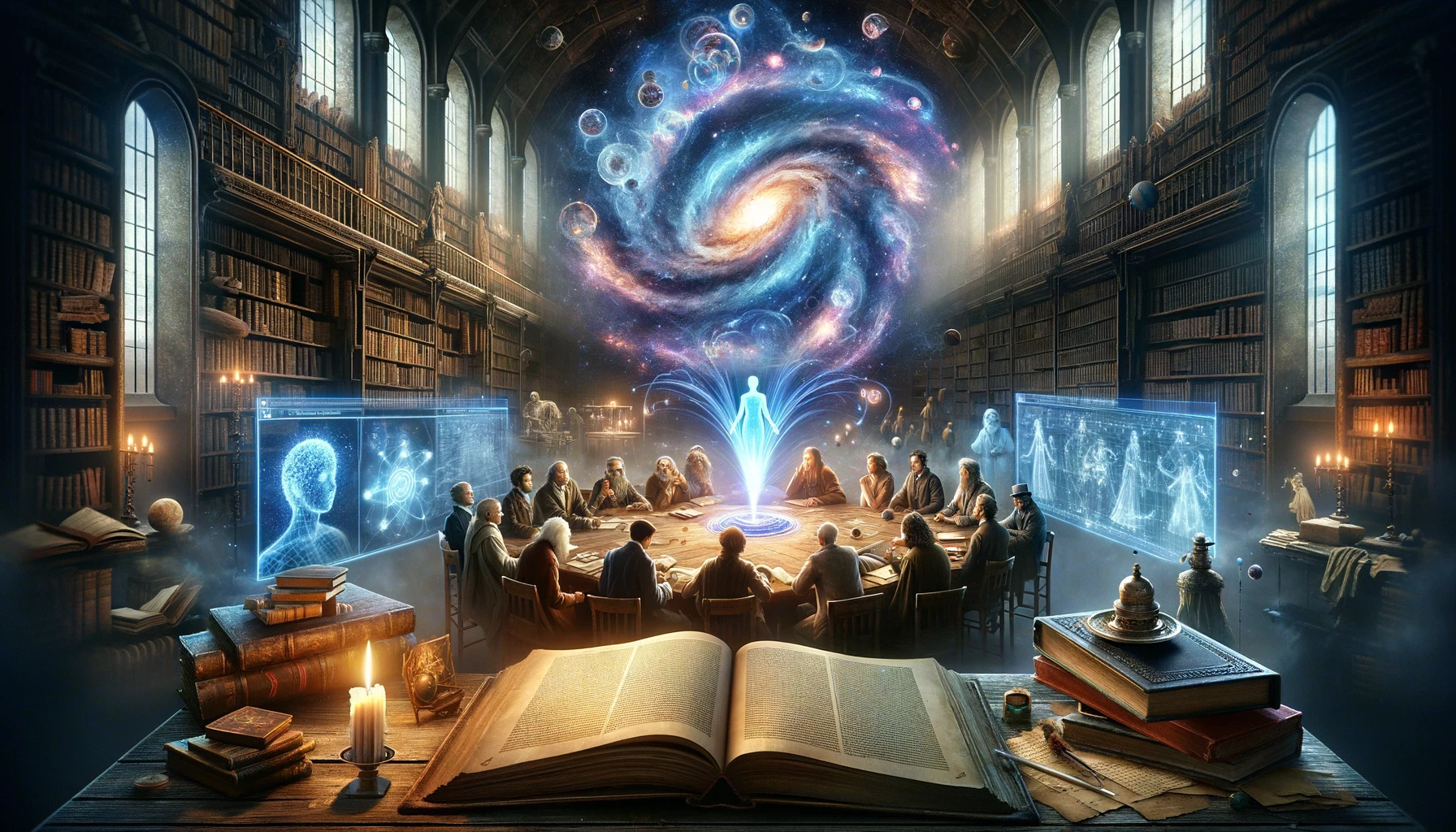
Blurring Lines
Science as the New Doctrine
As we traverse the complexities of the modern era, science, once the bastion of enlightenment and inquiry, seems to morph into an entity mirroring the very dogmas it aimed to challenge. This evolution sparks a critical debate on the nature of scientific belief and the importance of maintaining its core principles of skepticism and empirical evidence. It’s a call to preserve the spirit of discovery and question the newfound rigidity that threatens to stifle innovation and understanding.
Science has long been a beacon of enlightenment, a means by which we seek to unravel the mysteries of the universe and our own existence. Yet, as we navigate the complexities of the modern world, there’s a growing sentiment that science, in its purest form, is being reshaped into something unrecognizable, something that mirrors the rigid dogma it once sought to challenge. This brings us to a provocative question: Has science become the new religion?
I’ve always held science in high regard, admiring its quest for knowledge and its openness to challenge and debate. The essence of science, as I understand it, is its perpetual state of inquiry, its foundation built on questioning the status quo and relentlessly pursuing the truth, wherever that may lead. However, the landscape seems to be shifting beneath our feet. The once vibrant discourse that characterized scientific pursuit appears to be giving way to a narrative that brooks no dissent, a narrative that echoes the very tenets of religious dogma it was meant to transcend.
The emerging trend of presenting science as an infallible creed, a repository of unquestionable truths to be accepted without scrutiny, is a departure from the spirit of scientific inquiry. This approach not only stifles debate but also alienates those who seek understanding. It’s as if the quest for knowledge has been replaced by a demand for obedience, where questioning is seen not as a vital part of learning but as a challenge to authority.
Critics argue that this shift towards an unquestioning acceptance of scientific assertions mirrors the dynamics of religious faith. The call to “trust science” echoes the call to “have faith,” where the basis of belief is not the evidence presented but the authority from which it emanates. This is not to undermine the importance of expert knowledge or the value of scientific discovery, but rather to highlight the importance of maintaining the essence of what makes science so powerful: its capacity for self-correction, its openness to scrutiny, and its reliance on empirical evidence.
Is it not curious how, in our quest for certainty, we may be trading one form of dogma for another? The irony is palpable. Just as the clothes we wear do not alter the essence of who we are, changing the label from ‘religion’ to ‘science’ does not change the underlying dynamics of power and authority. It’s a reminder that, regardless of the domain, the human inclination towards conformity and control remains a constant.
This observation is not an indictment of science itself but a call to reclaim the principles that have made it a pillar of human progress. It is a reminder to remain vigilant, to question, to think critically, and to engage in open discourse. It’s about recognizing that true understanding comes not from blind allegiance but from the relentless pursuit of knowledge, tempered by the humility to acknowledge our limitations.
As we reflect on the role of science in our lives, let us not lose sight of its true purpose: to illuminate the darkness of ignorance, to empower us with understanding, and to foster a world where ideas can be freely exchanged. Let us champion a science that is dynamic, inclusive, and ever-evolving, one that encourages us to explore the depths of our curiosity and to embrace the unknown with open minds and hearts.
In the end, it’s not about choosing between science and religion or casting one in the shadow of the other. It’s about nurturing a space where all forms of knowledge can coexist, where we can celebrate our quest for understanding without erecting barriers to inquiry. It’s about recognizing that the journey towards wisdom is a shared one, filled with doubt and discovery, and that each step forward is a testament to the indomitable spirit of inquiry that defines us as human beings.
Join the Journey : Sign Up for My Newsletter
Are you on a journey of self-discovery and spiritual exploration? Do you seek insights and practical wisdom to transform your life and deepen your understanding of the world? Join the Conscious Change Collective Community by signing up for my newsletter!
I am not sure where this journey will take us, but for now, you will receive a daily digest of my blog posts. Let’s explore the path of conscious change together!
I’m also open to connecting through podcasts, interviews, or just having meaningful conversations. If you’re interested in diving deeper into these topics or collaborating in any way, feel free to reach out. Let’s walk this path together in whichever way resonates most.
Email : jamie@starlingphotography.com


